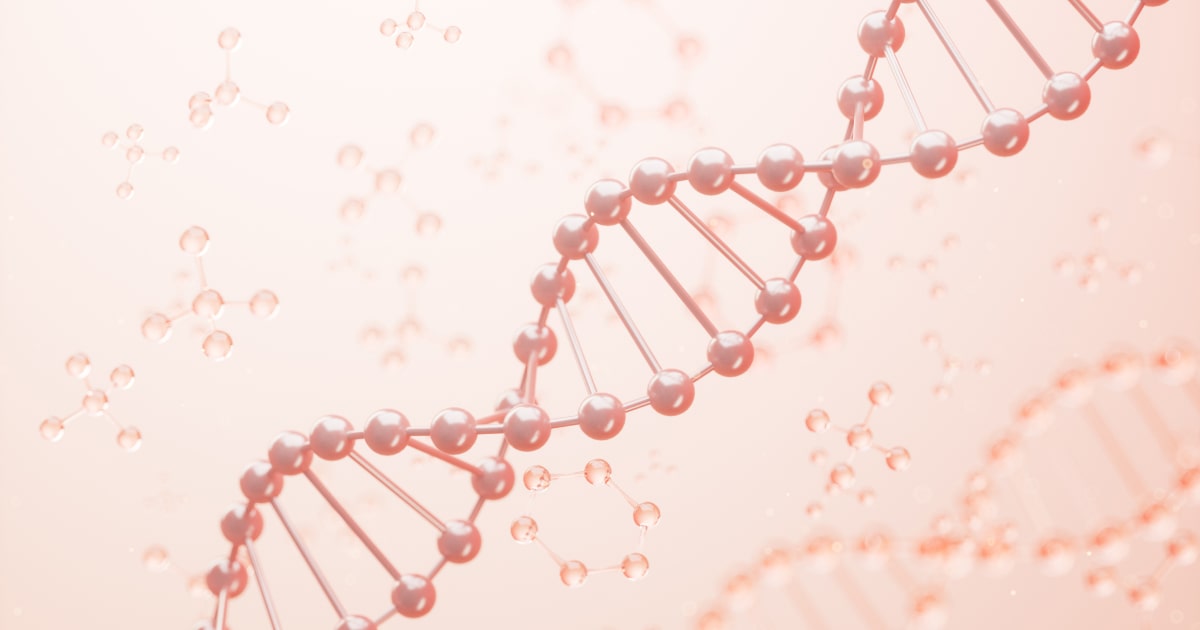
Expert Reviewed By: Dr. Brandon Colby MD
Introduction to Warburg Micro Syndrome 4
Warburg Micro Syndrome 4 is a rare genetic disorder that presents a complex tapestry of clinical symptoms, primarily affecting the nervous system, eyes, and genitalia. Characterized by developmental delay, microcephaly, cataracts, and other severe neurological impairments, this condition is part of a group of syndromes caused by mutations in specific genes. Understanding its genetic underpinnings is crucial, not only for diagnosis but also for potential future therapeutic interventions.
The Genetic Landscape of Warburg Micro Syndrome 4
Recent studies, such as the one highlighted in the Semantic Scholar article, have shed light on the genetic complexity of Warburg Micro Syndrome 4. Researchers identified a novel RAB3GAP1 variant and a chromosome 3q29 duplication in Turkish individuals with this syndrome. These findings underscore the genetic heterogeneity and clinical variability that make diagnosing and managing this condition particularly challenging.
Genetic Testing: A Beacon of Hope
Early Diagnosis and Personalized Management
Genetic testing plays a pivotal role in the early diagnosis of Warburg Micro Syndrome 4. Identifying specific genetic mutations allows for a more accurate diagnosis, which is essential for tailoring personalized management plans. Early intervention can significantly improve quality of life by addressing symptoms more effectively and providing families with crucial information about the condition's progression.
Family Planning and Genetic Counseling
For families affected by Warburg Micro Syndrome 4, genetic testing offers invaluable insights into the hereditary nature of the disorder. Genetic counseling can guide families in understanding the risks of recurrence in future pregnancies. This information is vital for making informed decisions about family planning and exploring options such as prenatal testing or preimplantation genetic diagnosis (PGD).
Contributing to Research and Future Therapies
Each genetic test not only aids individual families but also contributes to the broader body of research on Warburg Micro Syndrome 4. By identifying new genetic variants, researchers can better understand the molecular mechanisms underlying the disorder. This knowledge is critical for developing targeted therapies that could one day modify the disease course or alleviate symptoms.
Challenges and Considerations
While genetic testing offers many benefits, it also presents challenges. The rarity and variability of Warburg Micro Syndrome 4 mean that not all genetic mutations are well understood. Variants of unknown significance can complicate the interpretation of test results. Additionally, the emotional and ethical implications of genetic testing require careful consideration and support from healthcare professionals.
Conclusion
Warburg Micro Syndrome 4 may be a rare disorder, but advances in genetic testing are illuminating the path toward better diagnosis and management. By unraveling the genetic threads that contribute to this condition, we move closer to a future where families can access more precise care and where research paves the way for innovative therapies. As we continue to explore the genetic landscape of Warburg Micro Syndrome 4, the hope is that these efforts will translate into meaningful improvements for those affected by this challenging disorder.
About The Expert Reviewer
Dr. Brandon Colby MD is a US physician specializing in the personalized prevention of disease through the use of genomic technologies. He’s an expert in genetic testing, genetic analysis, and precision medicine. Dr. Colby is also the Founder of and the author of Outsmart Your Genes.
Dr. Colby holds an MD from the Mount Sinai School of Medicine, an MBA from Stanford University’s Graduate School of Business, and a degree in Genetics with Honors from the University of Michigan. He is an Affiliate Specialist of the American College of Medical Genetics and Genomics (ACMG), an Associate of the American College of Preventive Medicine (ACPM), and a member of the National Society of Genetic Counselors (NSGC)